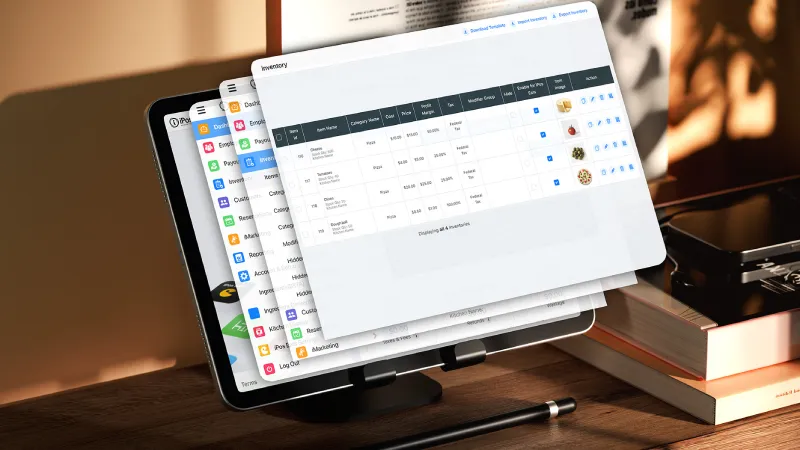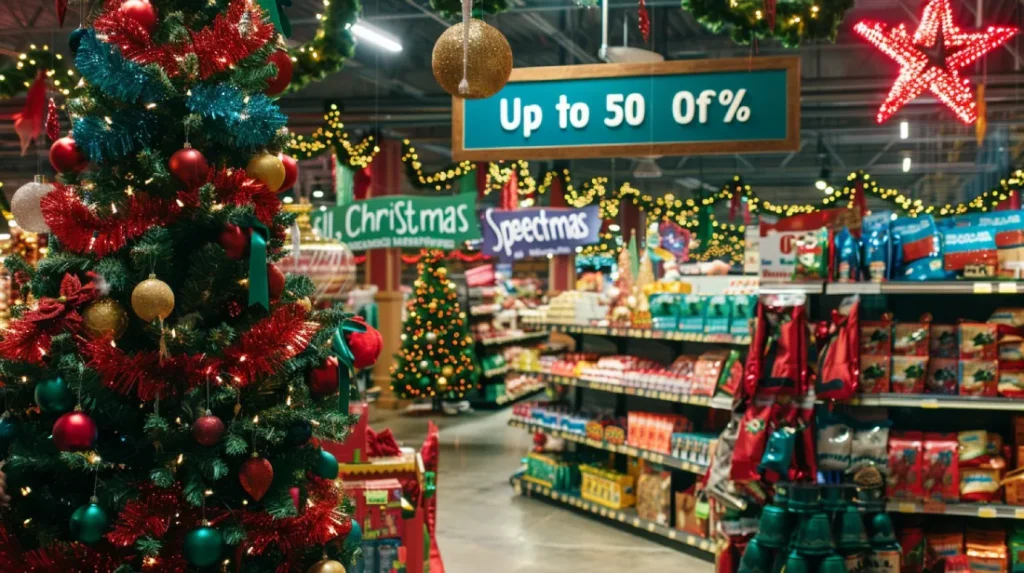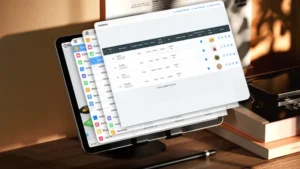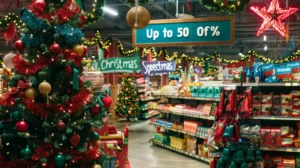
The restaurant industry is the most cutthroat. The outlook for companies in this sector is bleak in terms of success rate. They fail around half the time. Location, inexperienced management, subpar customer service, insufficient initial cash, and difficulties with the demands of basic operations are just a few of the many factors that contribute to such failure.
A good point of sale software for restaurants (POS) package may streamline and manage many of the operational activities so that you can concentrate on the other parts of growing your restaurant. However, it cannot give you a new location or address your marketing problems. Additionally, you might not be familiar with how restaurant POS systems operate or some of the features and advantages offered by such software, capabilities that go far beyond simple bookkeeping duties.
First comes the basic part. You can install two different types of restaurant POS software at your location.
You have two options after deciding to implement POS software.
Choice A
Some software is standalone and requires your own hardware to function. In essence, you will have to install the software on your personal computer and, if needed, upgrade the hardware.
Choice B
You can use a point of sale software for restaurants that is cloud-based. It can be used with just an Internet connection, and its upkeep, updates, etc. don’t require much of your time. The provider takes care of everything for you. Additionally, you can use any device, whether on the premises, at home, or while on vacation, to access the POS software.
The degree of customization offered by each point of sale software for restaurants is another important consideration when you weigh your alternatives. It must be able to work with the systems you already have in place, such as your payment processor and gateway. Additionally, the system needs to be able to interface with any special apps you may be utilising (like those for online ordering, for example).
Key Characteristics to Look For
Your everyday transactions are processed by all point of sale software for restaurants. But that’s not what you’re after. Here are some benefits that cutting-edge point of sale software for restaurants can provide:
Revenue Reporting
You need to be able to view your sales from a variety of angles, including those based on certain employees, menu items, your gross margin, the time of day, net profit, cost of each item sold, and more. You can access reports in each of these categories if your point-of-sale system is good. You can use these reports to make informed decisions moving forward.
Control of Inventory
A smart point of sale software for restaurants will monitor your inventory, the use of that inventory, and provide you warnings when things are running short and it’s time to place another order. Consider how much time it will save you if you don’t have to manually go through your inventory and decide what needs to be ordered. Additionally, it houses your vendors and enables you to automatically make customised reorders as needed. As a result, you don’t overorder and incur expensive spoiling, which saves time and money.
Control of Inventory
A smart point of sale software for restaurants will monitor your inventory, the use of that inventory, and provide you warnings when things are running short and it’s time to place another order. Consider how much time it will save you if you don’t have to manually go through your inventory and decide what needs to be ordered. Additionally, it houses your vendors and enables you to automatically make customised reorders as needed. As a result, you don’t overorder and incur expensive spoiling, which saves time and money.
A customer loyalty rewards programme may also be integrated into some point of sale software for restaurants, and these systems may manage the awards for you.
Employee Sales Reporting Each employee has the option to submit a sales report. You ought to be able to identify your top achievers and those who can benefit from additional coaching or training.
A POS system can also plan out personnel shifts and keep track of overtime.
How Can You Choose The Best Point of Sale Software for Restaurants?
Checking with other restaurant owners who own establishments similar in size to your own could be a good place to start your choosing process. What POS system do they employ, and what aspects of it do they like or dislike? By doing this, you might be able to reduce the number of providers you have to choose from. Next, you should inquire carefully about the vendors you are thinking of:
- You already have some established procedures that you want to preserve (e.g., an app for online ordering or reservations). Will your present point of sale software for restaurants work with the vendor’s point of sale system?
- What systems and payment processors does the software support? You don’t want to lose clients because their chosen payment options are no longer available.
- Examine the costs. Vendor costs vary widely and are frequently determined by the particular restaurant operating system features you choose. The typical cost of a POS system for a restaurant is $1500 per year, although there may be additional costs. Look at those.
- What would happen if you choose a cloud-based point of sale software for restaurants and your Internet went out? You must prepare for this and make sure that any provider has done the same. You should always have a backup plan offline. Systems using a hybrid cloud typically offer this.
- What kind of technical assistance will the supplier offer?
- What kind of security is present? Customers’ financial or personal information should never be compromised.
- How much training are you and your staff receiving? You want a system that is simple to use, has a short learning curve, and allows you to change things like your menu and prices. This instruction will be given by reputable POS vendors.
Buy only what you require.
You require a provider with what is frequently referred to as a “cafeteria plan.” This implies that you can pick the features you want and require before using a point of sale software for restaurants. Make sure you have the flexibility to add new features as you get more accustomed to it and as you develop.







